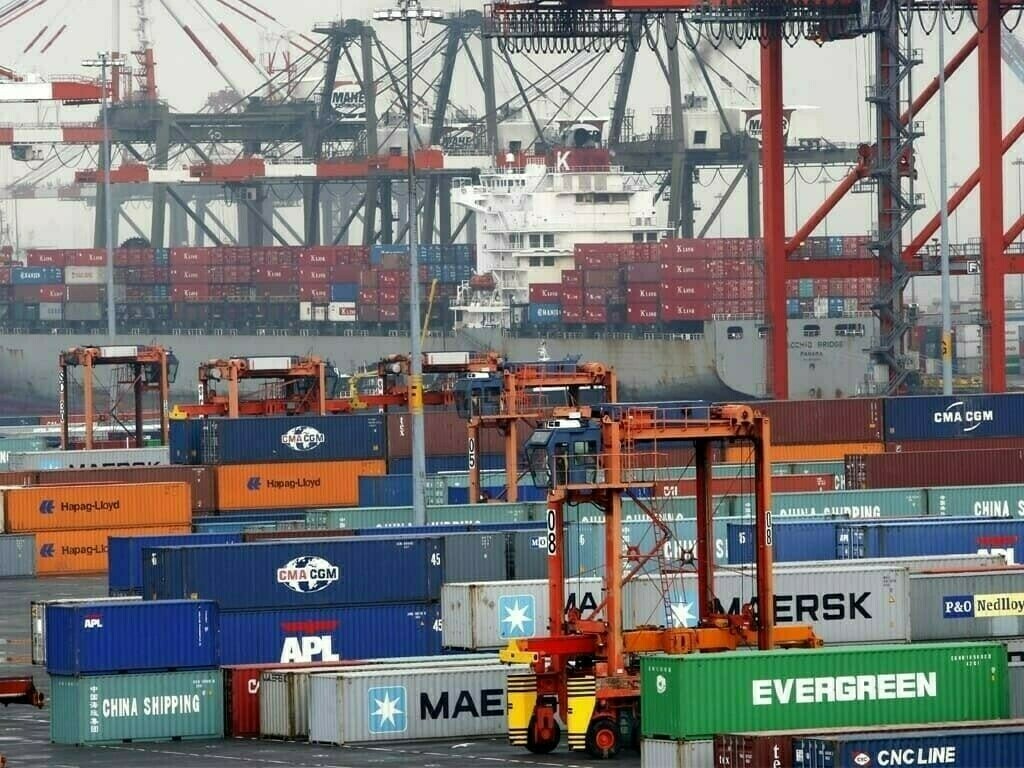PTBP Web Desk
The Pakistan Telecommunication Authority (PTA) has taken a significant step to support the country’s growing IT sector by allowing freelancers to register their virtual private networks (VPNs) using mobile numbers.
This initiative aims to streamline the VPN registration process, ensuring secure and uninterrupted online operations for freelancers, particularly those without static IP addresses.
In an official announcement on Saturday, PTA stated, “To facilitate the legitimate, secure and uninterrupted operations of VPN by freelancers who don’t have static IP addresses, the facility to register VPN against mobile number has been introduced by Pakistan Telecommunication Authority (PTA).” The authority emphasized that this step is part of its efforts to simplify the registration process, enhancing convenience for the IT community.
Simplified VPN Registration for Freelancers
Freelancers can now register their VPNs through PTA’s online portal at https://ipregistration.pta.gov.pk. To complete the registration, individuals are required to provide the following details:
- Computerised National Identity Card (CNIC)
- Company registration details (if applicable)
- Taxpayer status
This facility has been introduced to accommodate freelancers who rely on mobile data connections, eliminating the need for static IP addresses. PTA revealed that over 31,000 VPNs have already been registered, showcasing the growing adoption of this streamlined process.
The government recently decided against imposing a ban on VPNs. This decision followed a clarification from the law ministry, which stated that the Prevention of Electronic Crimes Act (PECA) 2016 does not grant the government the legal authority to enforce such a ban. Instead, PECA allows for the blocking of specific online content deemed unlawful.
Earlier, PTA had urged users to register their VPNs by November 30, warning that unregistered VPN connections would be blocked after this deadline. The interior ministry had previously called for a ban on VPNs, citing concerns related to their misuse by terrorists and access to prohibited content. However, the law ministry’s stance ensured that a blanket ban was avoided, focusing instead on targeted measures.
Pakistan’s IT sector has been vocal about the need for stable and supportive digital infrastructure. Sajjad Mustafa Syed, chairman of the Pakistan Software Houses Association (P@SHA), recently highlighted the economic impact of internet disruptions on the industry. He stated that the sector incurs losses exceeding $1 million per hour during internet shutdowns. Such disruptions not only hinder business operations but also affect the country’s IT export potential.
Syed further noted, “To achieve the government’s envisaged target of $15 billion, IT exports are linked with market access, infrastructure stability, accommodative taxation policy as well as skilled human resources.” He also revealed that 99% of firms reported service disruptions during internet outages, with 90% experiencing financial losses.
Pakistan has a history of imposing online access restrictions during periods of political instability. These measures include temporary internet shutdowns and bans on social media platforms. Such actions have drawn criticism from the IT community and digital rights activists, who argue that they stifle innovation and economic growth.
By facilitating VPN registration through mobile numbers, PTA aims to address some of these challenges, providing freelancers with a secure and efficient way to conduct their online activities. This initiative is expected to boost confidence in the IT sector, encouraging more professionals to leverage VPNs for their work.




